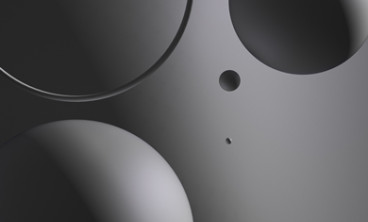
Procedure coding
The procedure coding for percutaneous renal artery denervation varies between European countries.
The procedure is specifically coded in some countries (England, Germany, and countries of the Nordic region). For example, in Denmark, a specific SKS code KPCW10A “Percutaneous transluminal denervation of a. renalis” exists to cover renal denervation.
Procedure codes can specify the type of energy used (e.g., radiofrequency or ultrasound). For example, there is a specific OPCS code for radiofrequency renal denervation in England – code L43.6 “Percutaneous transluminal radiofrequency denervation of renal artery”.
In other countries (Italy and most countries of Eastern Europe), the procedure is not coded, or nonspecific procedure codes for periarterial sympathectomy can be used to describe percutaneous denervation of the renal artery.

Payment mechanism
In most European countries, DRG payment model is used for percutaneous denervation of the renal artery.
For example, in Norway, percutaneous denervation of the renal artery is allocated to the DRG 112A “Other percutaneous cardiovascular procedure or hyperthermic perfusion” with a tariff of 77,745 NOK.
In some European countries (e.g., England and France), the devices for percutaneous renal artery denervation attract additional (top-up) reimbursement, which is paid in addition to the DRG tariff. For example, in January 2024, the National Committee for the Evaluation of Medical Devices and Health Technologies (CNEDiMTS) at the French National Authority for Health (HAS) published its opinion for the request for the registration of the renal denervation catheter PARADISE by ReCor Medical in the List of Reimbursable Products and Services (LPPR). The device received sufficient Actual Benefit (SA) in the claimed indications and level III (moderate improvement) of Clinical Added Value (ASA) compared to the absence of a therapeutic alternative.

Policy considerations
Percutaneous renal artery denervation can be subject to specific policies from payers or national decision-makers in the countries where such frameworks exist.
For example, in 2017, the Dutch Healthcare Institute (ZIN) published a Position on renal denervation in treatment-resistant essential hypertension, which concluded that the procedure cannot be reimbursed under basic health insurance because it has not shown a clinically relevant effect compared to the standard treatment.

Health technology assessment
Due to the innovativeness of technology, devices for percutaneous renal artery denervation frequently become a subject of HTA. For example, National Institute for Health and Care Excellence (NICE) is currently developing interventional procedure guidance on alcohol-mediated perivascular renal denervation for resistant hypertension. The development is on hold and awaiting the publication of more data. The publication is scheduled for December 9, 2024.

Future challenges
Due to complicated history of the method, it is expected that the procedure will be re-introduced into payment systems of European countries. This will require coverage/funding decisions in the countries, where such frameworks exist and creation of reimbursement in the countries, where it is currently lacking.
MTRC has experience with more than 3 projects related to the percutaneous denervation of the renal artery in Europe
Get in touch
Contact us to discuss your needs and learn about our services



